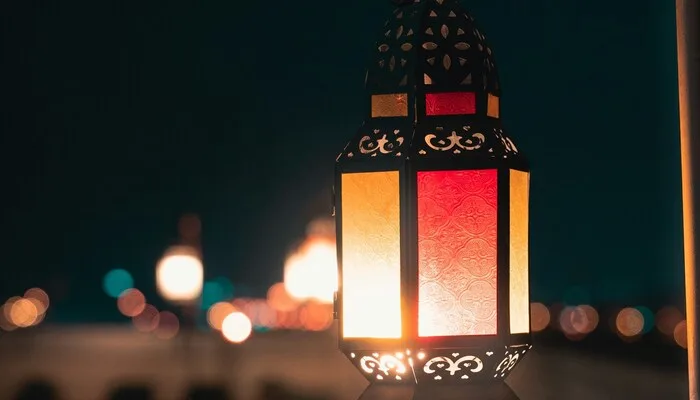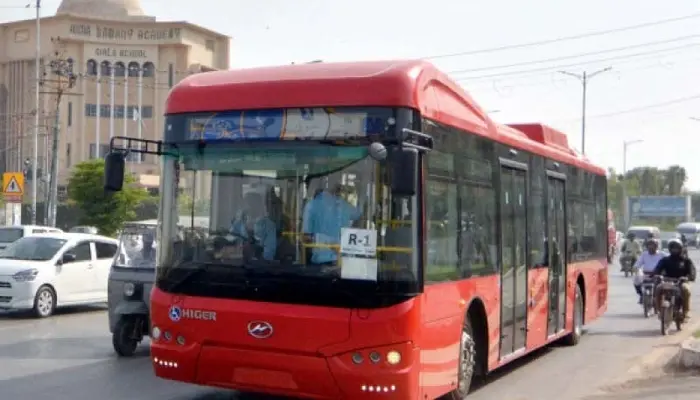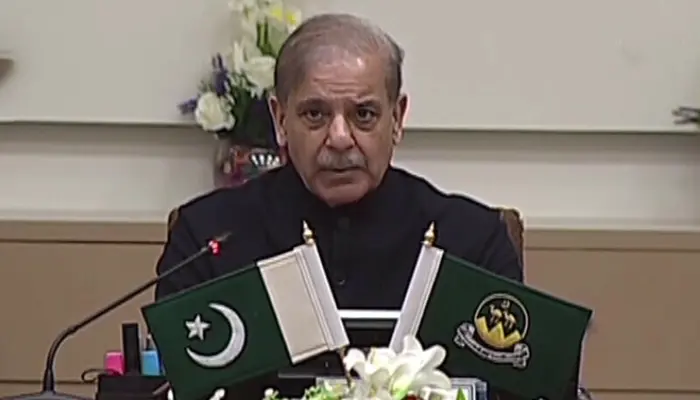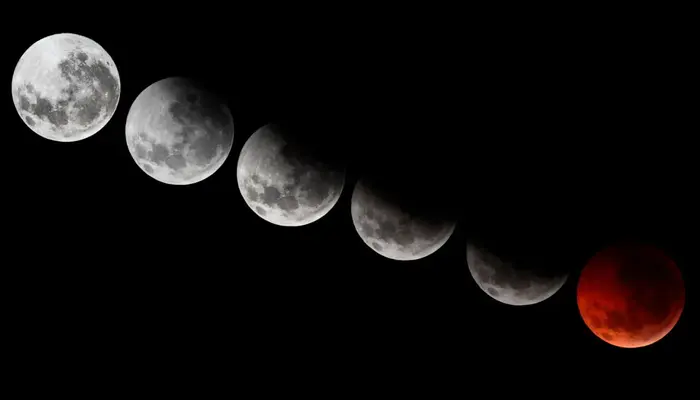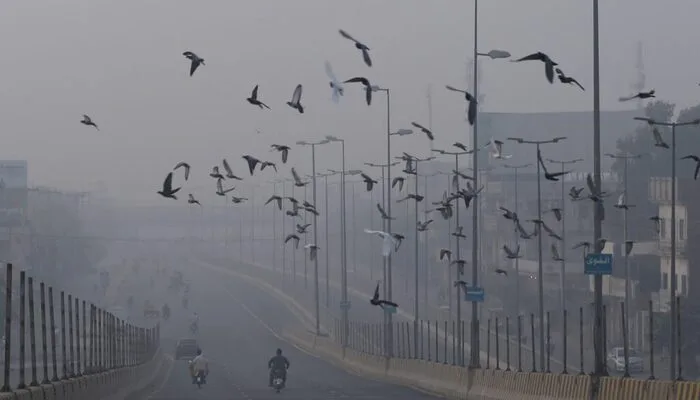
The worsening air quality crisis in Punjab has pushed authorities to impose stringent restrictions as smog blankets cities across the region. On Friday, the Air Quality Index (AQI) in Multan crossed 2,000, a hazardous level surpassing previous records, prompting the government to implement emergency measures across southern Punjab.
Critical Smog Levels Trigger Closures
The provincial government has ordered the closure of parks, museums, and recreational spaces until November 17 to reduce public exposure to hazardous air. In Multan, AQI levels reached a staggering 2,135 early Friday, according to IQAir, with PM2.5 levels—particles harmful to human health—at nearly 950 micrograms per cubic meter, over 180 times above the World Health Organization (WHO) guideline.
Smog conditions have also impacted neighboring districts, including Bahawalpur, Muzaffargarh, and Khanewal, creating visibility issues and posing severe health risks. The Lahore-Islamabad Motorway and other major highways have been partially closed due to limited visibility, disrupting transportation and necessitating additional traffic control.
Read: Pakistan Records Highest-Ever Remittances in October
Health Impacts and Emergency Measures
To address the health concerns caused by smog, Multan’s Nishtar Hospital has established smog response counters in the Outpatient and Emergency departments. The hospital reported that despite hazardous air quality, these counters had not yet received patients as of Friday evening. However, residents have begun reporting symptoms associated with smog exposure, such as respiratory irritation and sore throats.
City officials are enforcing a “smart lockdown” in Multan, directing markets to close by 8 p.m. and intensifying measures against vehicles emitting smoke. The administration has also called for action against illegal waste burning and ordered brick kilns operating without eco-friendly technology to shut down.
Broader Restrictions and Traffic Disruptions
As air quality across Punjab’s cities, including Lahore, reached critical levels, additional restrictions spread across the province. Public entry to parks, playgrounds, and museums is temporarily prohibited across several districts, including Lahore, Gujranwala, and Faisalabad. This restriction aims to limit outdoor exposure to hazardous air, particularly for children and the elderly.
Punjab’s senior minister, Marriyum Aurangzeb, emphasized the need for public cooperation, advising people, especially children, to stay indoors and avoid outdoor activities to protect their health. Authorities are also cracking down on pollution sources, including private generators and polluting vehicles, imposing fines on violators and closing several non-compliant food outlets.
India’s Winds and Local Emissions Add to Pollution
Punjab’s Environmental Protection and Climate Change Department (EPCCD) attributes this season’s severe smog levels to both local and cross-border factors. According to EPCCD Secretary Raja Jahangir Anwar, wind patterns from Rajasthan, India, are pushing polluted air into southern Punjab, worsening conditions in cities like Bahawalpur, Multan, and Rajanpur. Though industrial emissions, traffic pollution, and stubble burning within Punjab contribute to poor air quality, officials report that cross-border winds have intensified the smog, creating a “wind pool” effect.
Government Initiatives and Public Health Warnings
The government has launched various initiatives to combat pollution. Cargo trucks instructed to cover their loads, while fines issued to polluting vehicles and generators in Lahore. In the last 24 hours, authorities seized 47 vehicles and imposed penalties totaling Rs. 550,000.
As smog intensifies, residents of Punjab are urged to exercise caution. With AQI readings at hazardous levels and visibility significantly reduced, the government’s actions aim to safeguard public health and improve air quality.
Follow us on Google News, Instagram, YouTube, Facebook,Whats App, and TikTok for latest updates





